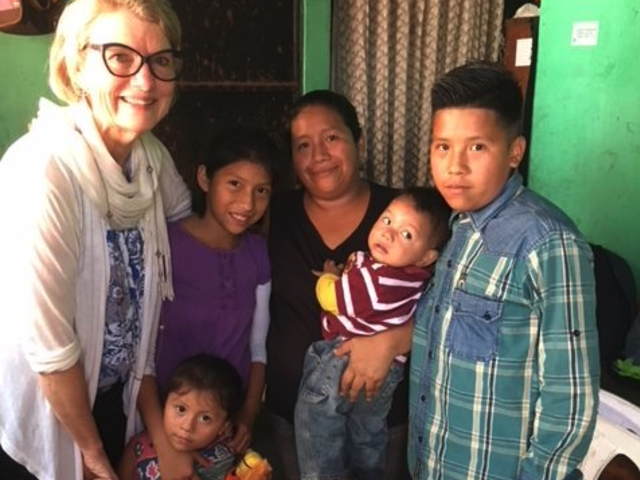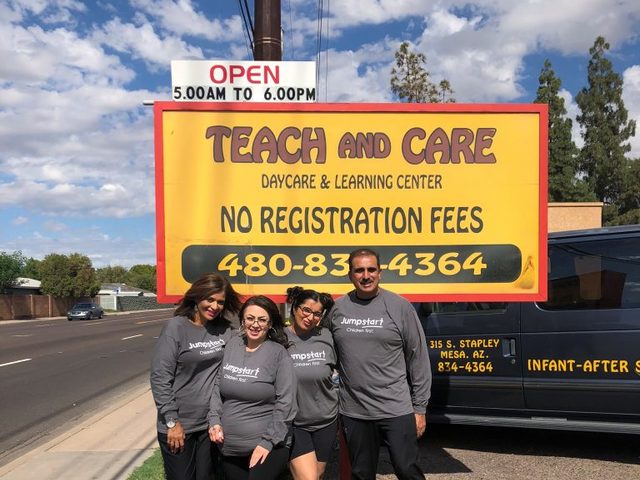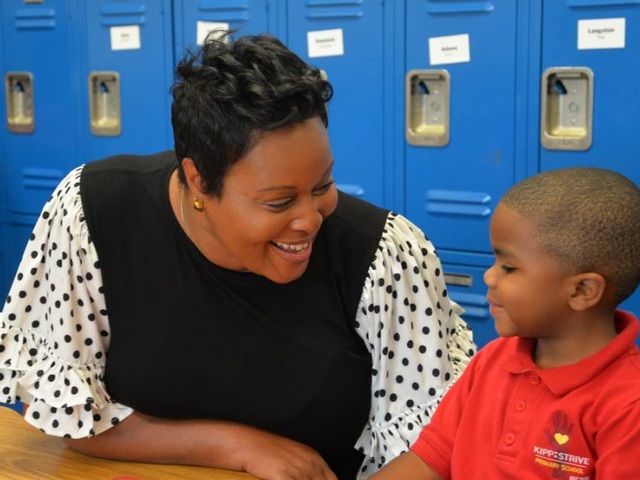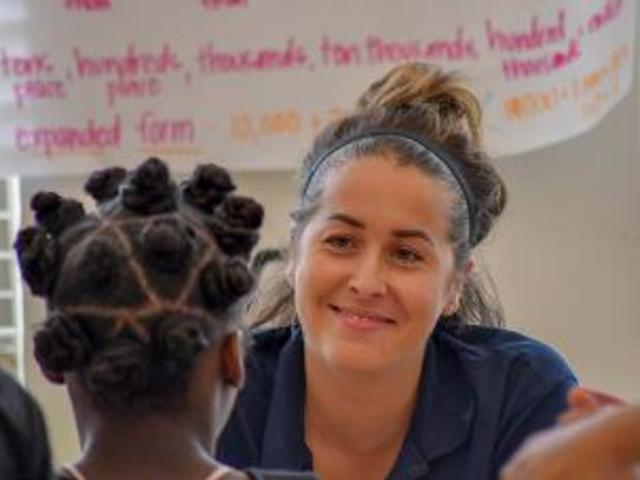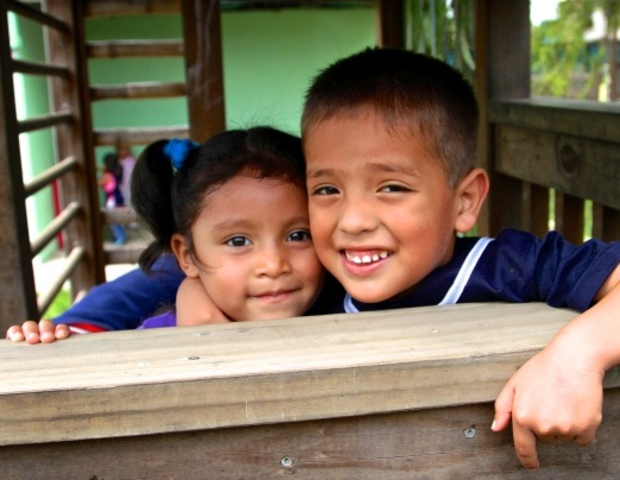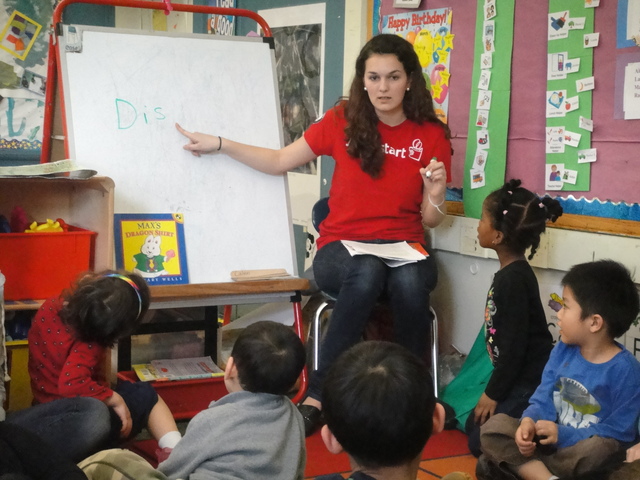Anne-Marie sponsors Oliver, a 13 year old student at Safe Passage. Last year, she wrote an essay about her experience visiting Safe Passage, including meeting her sponsor student and his family. We’re sharing edited excerpts here, and the full-length essay can be read here.
“Imagine that you have been sponsoring a boy named Oliver. For you, sponsoring means a direct withdrawal from your checking account every month. Each month you note it. Each month his photo drifts into consciousness. It is not too hard, what you gave up to do this, a couple of meals out per month, a quarterly trip to Macy’s. Then you begin to write to Oliver, and the clearest question that always came back from Oliver in the letters from the Safe Passage translators is: will you come? At first you simply smile. How sweet. Then you consider going, but can’t: your work, your mother’s ailing health, your writing, your…. But over time, you understand that you must go. You want to go…
You have no idea.
You are about to meet him.
—
Oliver goes to the Guatemalan public school in the morning. Sponsorship helps pay for his required school uniform and shoes, books and supplies. Without these, he cannot attend. But the public school ends at noon, and before Safe Passage came, the children would go to the dump, or to the brief, badly-roofed spaces they call home. Sponsorships pay required public school fees, plus preschool for the littlest ones, afternoon programs of enrichment, homework time, tutoring and constructive play—keeping them safe for the passage of the day.
—
Oliver leads us through streets too narrow for even the smallest car to a corner house with a door of heavy canvas. Guatemalans are consummate and generous hosts; they believe deeply in the importance of hospitality, but here in Zona 3, they also bare their souls when they invite you in.
I step down into a small living space. Oliver’s mother Suny is the center, warm and soft-spoken, a little shy. She is thirty-three, short, plump, has a beautiful but tired smile, and holds the two-year old boy, Juan Carlos, in her arms. She greets us kindly, watching for cues from Vicky. Two of Oliver’s siblings, Shirlen, who is twelve, and four-year old Hannah, cluster close. Their father Carlos and the oldest son are working, and six-year old Abner remains in school today.
They all live in these two rooms of tin and cinder block construction with a rough concrete floor, not quite 200 square feet, clean but worn to the bone. A gas stove top perches below the window. Across from it, a small green table shoved against a wall. Above that, a sagging tapestried wall hanging, tacked in place. Toward the back, a fabric partition, perhaps sleeping quarters.
Imagine you are me. After you have given them the Walmart gift card in the fancy little bag with bright blue and yellow tissue, a card that [Oliver’s mother] can use for clothes and food, Oliver and Suny retreat to the corner and rustle through a container. In this dark room, a small bag with beautiful beads made of bright rolled paper.
They stand before you, holding out a string of seed beads interspersed with larger lavender tinted beads, a rare color, a favorite of yours. It is their offering.
You ask him to put it on for you, and this thirteen-year-old boy lifts his hands over your head, and you bend your head to accept the circle of beads they have chosen from their small stock of hand-made jewelry, from pieces which they could sell. It is a sacrifice for them and a benediction for you.
This making of beauty may help them, but in this moment, it is a gesture of dark hope for you. Your poems about volcanoes were restless with heat, but this cascade of cool lavender around your neck, Suny’s cautious smile, Shirlen’s quiet eyes, and Hannah’s coy hands over her small mouth, these are cool mosaics rearranging into a new pattern. Your face is wet with wonder.
